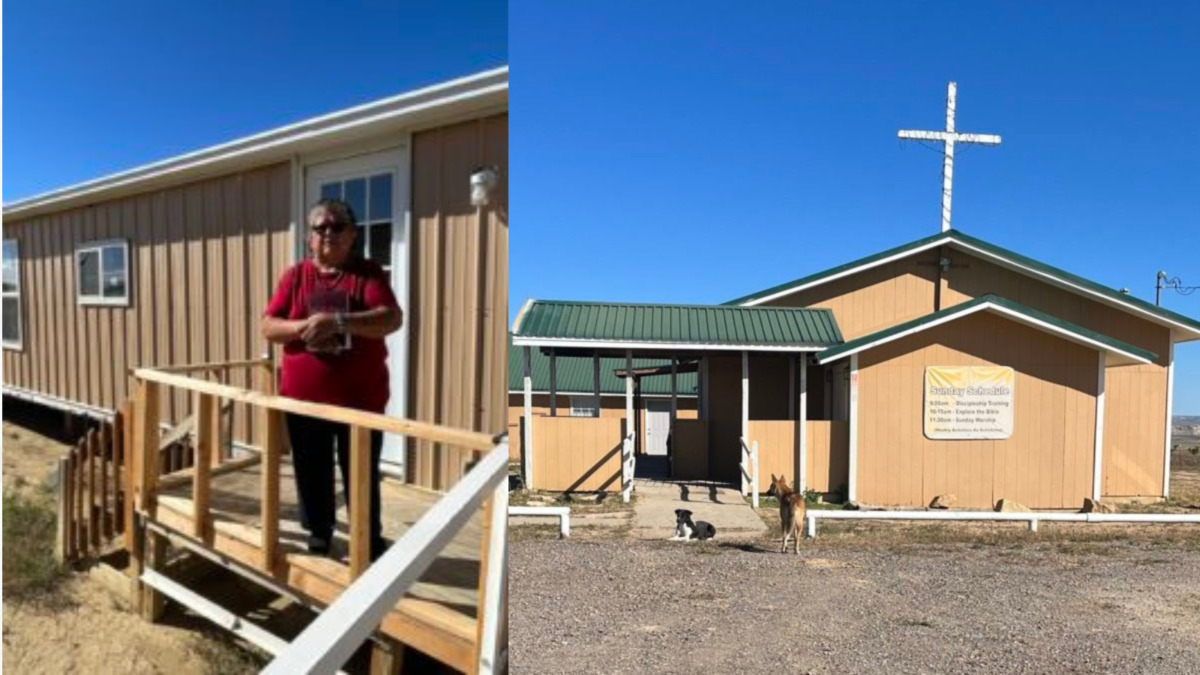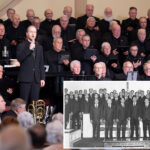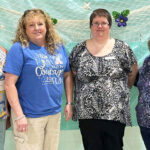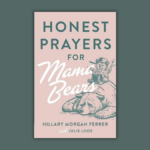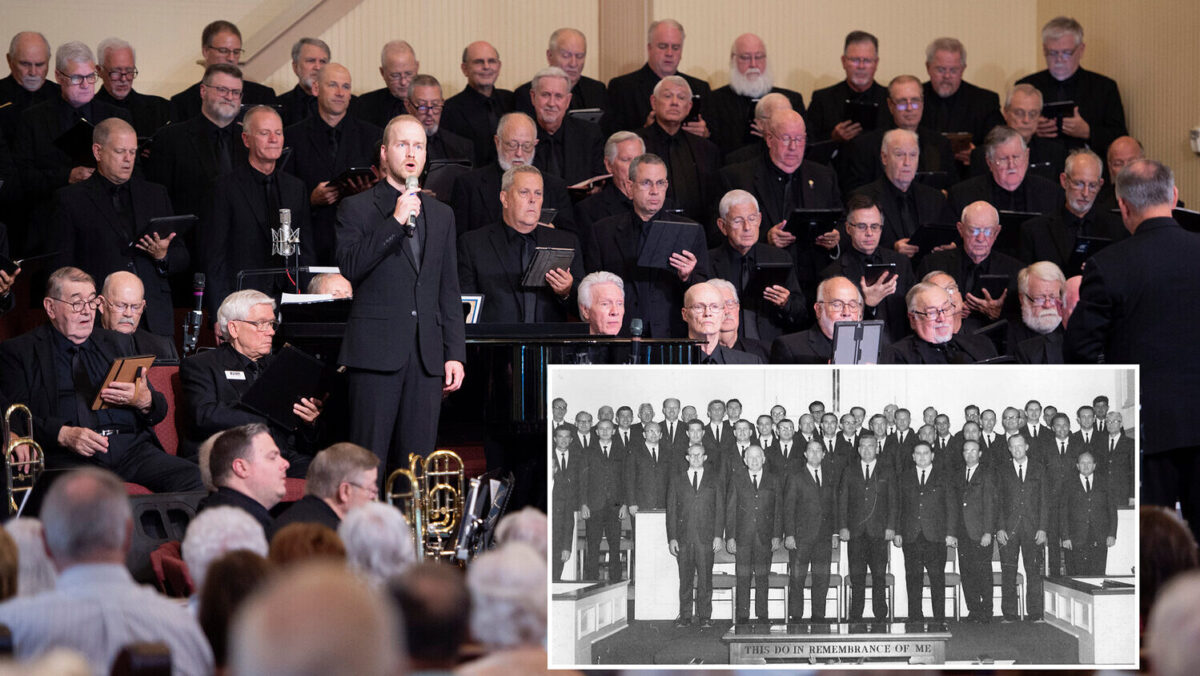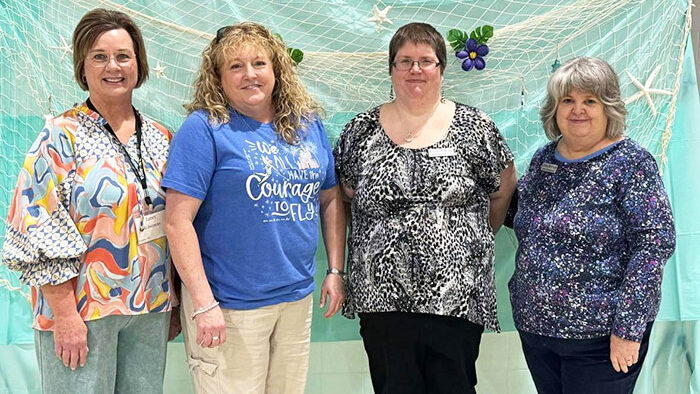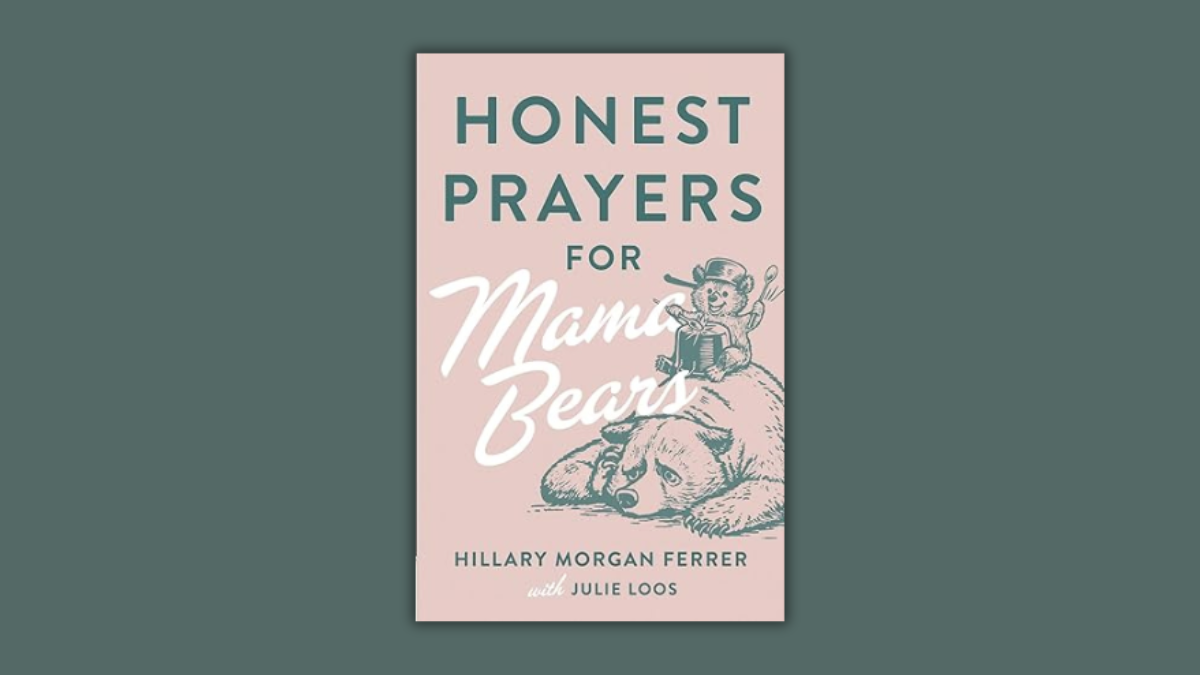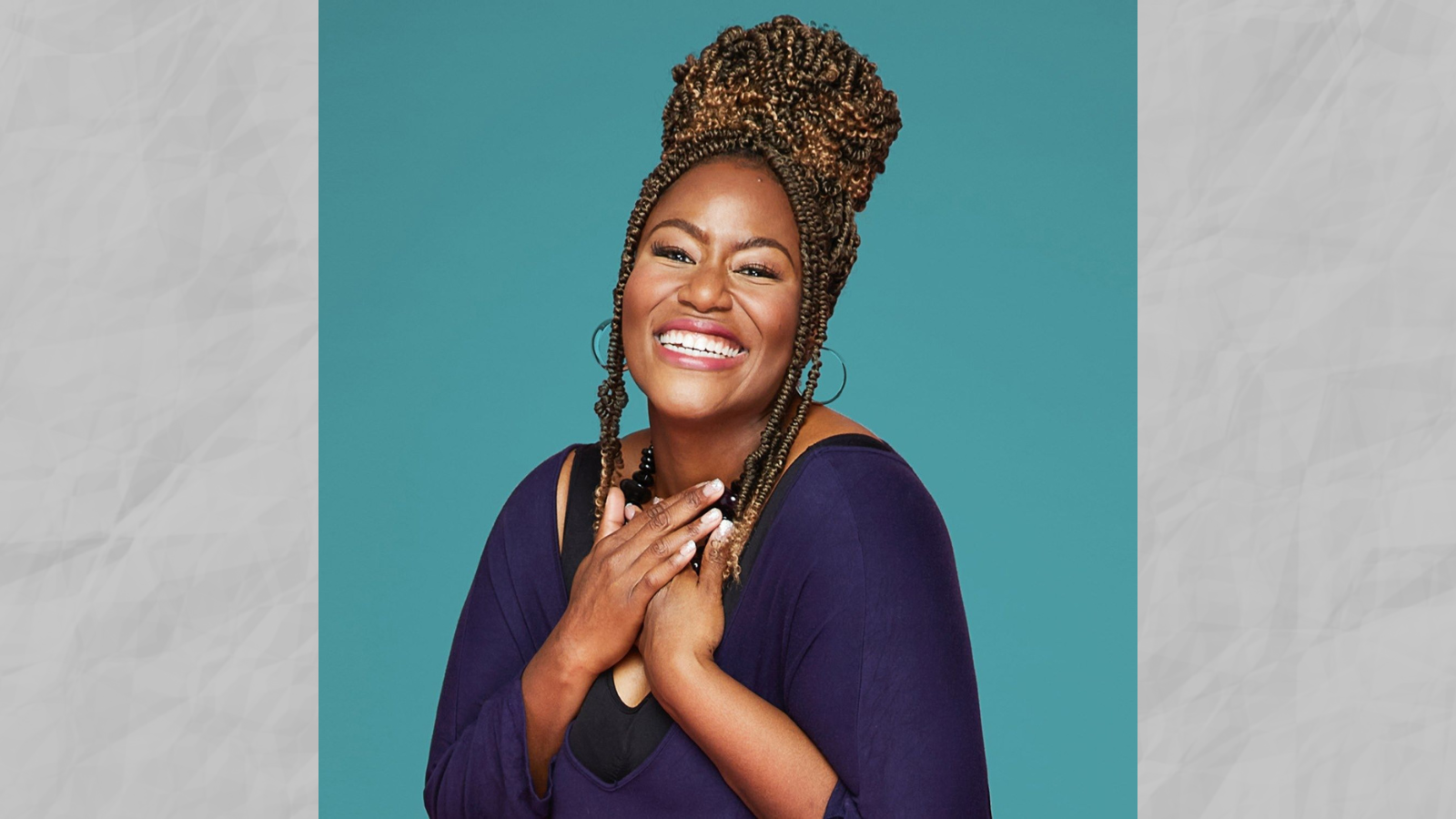Rose Ignacio doesn’t remember the moment her little sister died in her arms. But she does remember a lot about the hours before.
Ignacio was 13, her little sister 8, and the two had taken a bus through the Navajo Nation in New Mexico to visit her aunt. In a way, she was trying to escape her life — her mother had died a few months before while giving birth, and the baby also died.
Her father was an alcoholic; her mother had been too. But at this point all Ignacio could remember were the good times when her mother was sober and had taken care of her. Though they were small windows of time, even those were gone now.
So Ignacio went to visit her aunt.
“We got off the bus, and I didn’t know how far or where they lived,” she recalled. “So we just took the road and kept going.”
Normally that might have worked, but on this February day freezing rain came out of nowhere, followed by a blizzard. It enveloped the two girls, and after a while darkness fell.
“During the walking I wasn’t asking my sister how she was, but I myself was tired, I was hungry, I was sleepy and I was cold, so I just kept going,” Ignacio remembered.
‘I don’t care if I die tonight’
Even at 13 she was aware of the severity of the situation.
“While walking, I thought, ‘If I die tonight, it’s OK,’ because my mother, she loved me and took care of me when she was sober, but I didn’t see anyone who would love me now,” Ignacio recalled. “I remember thinking to myself, ‘I don’t care if I die tonight.’”
The girls kept walking.
“Then all of a sudden we were tired, so we thought we could get under a tree and that would be safe for us,” Ignacio said.
They sat down, and Ignacio put her arm around her little sister.
“I guess we went to sleep.”
‘You will be saved’
There under the tree Ignacio heard someone call out.
“I heard my name, ‘Rose,’” she said. “And then I opened my eyes.”
When she looked up, it was all white, and she saw a sign, a picture with a dark brown frame coming down to her.
“It kind of stopped where I could read it,” Ignacio said. “And on that picture frame, it said, ‘Believe on the Lord Jesus Christ, and you will be saved, and your house’ (Acts 16:31). I had never seen that verse. I never learned it.”
Ignacio had never gone to church or known anything about God, but she accepted what the words said. And then the sign disappeared, and she thinks she went back to sleep.
That’s all she remembers until the moment she woke up in the hospital, and a woman in a white nurse’s uniform told her to stay still.
It was a while before anyone told her that her sister hadn’t survived the night.
“They tell me that the morning after we sat down under the tree, the snowbank was about four feet high,” Ignacio said. “My brother and uncle took out the sheep, and the dog was barking. My brother ran after the dog, and the dog found me. I was crawling on the ground covered with snow all over.”
They brought the horses and wagon to get the girls.
“They found my sister; she froze to death,” Ignacio said. “She died, and they got me and wrapped me in a quilt and put me on the wagon and took me home.”
A missionary with a four-wheel-drive vehicle was able to clear the road so emergency responders could come, and that’s how Ignacio got to the hospital. She doesn’t remember any of it.
‘Then who did? God did.’
She just remembers that Bible verse, and how her whole body was stiff when she woke up.
Ignacio was in the hospital more than three months. Over time she was able to use her arms and hands again, and her right foot healed. But her left foot stayed swollen and stiff.
One night Ignacio heard people talking in the hall about sending her to Albuquerque to have it amputated.
“I didn’t know what that meant exactly, but I guessed it might mean to chop it off,” she remembered.
In the next few days as she waited to see what would happen, a missionary came by to see her and talked about what it meant to follow Jesus. She remembers praying in her Navajo language, “Lord, You know me. You created me. I want to invite You into my life. I want You to change my heart.”
The next day Ignacio said she felt as if the Holy Spirit was telling her to watch her doctor’s expression when he came in.
“The doctor said, ‘Good afternoon, Rose,’ and then he uncovered my feet, and he raised his eyebrow like he saw something,” Ignacio recalled.
He looked at her feet and both were red, and they were the same size.
“He just dropped it and said, ‘Rose, did you walk on it? Did anybody do something? Did the medicine man come?’ I said, ‘No.’ And he said, ‘Then who did?’ I said, ‘God did.’
“And then he shook his head and said, ‘There ain’t no God,’” Ignacio remembered.
But when the missionary came back, he knew immediately Who had done the work.
“He came back and said, ‘You didn’t go to Albuquerque?’ And I said, ‘No, look at my feet.’ And he said, ‘Praise the Lord,’” Ignacio recalled.
Ignacio said God saved her feet, but most of all He saved her life, and He opened her eyes.
Learning to walk
In the weeks that followed, she started to heal and walk again, and she also started to walk out her new faith, something the missionary had told her might be difficult.
“I got home and my relatives, my aunt and my uncle, told me, ‘You’re taking the wrong way. The Bible is not for you; the Bible is not for us. That book is for white people,’” Ignacio recalled.
So she relied on advice the missionary had given her — she prayed. And on Sunday morning she walked four miles to the nearest church building she knew of.
“But there was nobody there,” Ignacio remembered. “I was sitting at the street. The sun got to the midday mark maybe, and that’s when I heard a car coming.”
It was an old Suburban, and one of the four people in it was a Cherokee missionary. She spotted Ignacio, and they stopped and had church together, just the five of them.
“I said, ‘Are you guys coming back next Sunday?’ And they said, ‘If you’re coming back, we’ll be back.’ So that’s where I started,” Ignacio, now 73, recalled. “I know I was so happy, my eyes opened, and it was so great that I found God.”
The little church that had been closed — Tinian Baptist Mission in Cuba, New Mexico — was reopened and is still going today as Tinian Baptist Church.
“It’s a self-supporting church now, and I’m still there,” Ignacio said.
Over the years she has given her life in service to God, sharing her faith every time she gets a chance.
“I tell my testimony in my own language and people always say, ‘Wow, is that how it happened?’ Some families have accepted the Lord through my story,” she said.
Ignacio is actively involved in Woman’s Missionary Union and was instrumental in encouraging Pure Water, Pure Love (a compassion ministry of WMU) to provide a well for the church, which has helped provide water for the community.
“A lot of people in the community are looking to our church to get help,” she explained.
Ignacio also collects food and clothing at the church to give to people in the area, and they always ask why she’s doing it.
“I say, ‘Because I have Jesus in my life,’ and really they can tell the difference,” Ignacio said. “I get a lot of opportunities to share about the Lord.”
‘Lady Moses’
Daniel Clymer, state Native American strategist for the Baptist Convention of New Mexico, said Ignacio’s people call her “Lady Moses” because of the way she has devoted her life in service to the Lord.
“When I was a little boy I remember hearing Rose sing in Navajo,” he related. “My father was a missionary to native peoples here in New Mexico.
“She has been a mentor and one of the elders who has guided me through the years.”
Ignacio is a big part of the gospel work in the Navajo Nation, Clymer added.
“We just awarded her with a Heroes of the Faith Lifetime Award for all of her service over the years,” he noted. “I can’t even tell you all the areas she has helped support. It just reminds you of the powerful way God works in our lives even in the midst of dramatic, unfortunate situations.”
Clymer said Ignacio is a “Southern Baptist hero of unbelievable proportions.”
“She has put many miles on her feet over the years sharing the gospel, and nothing has slowed her down.”

